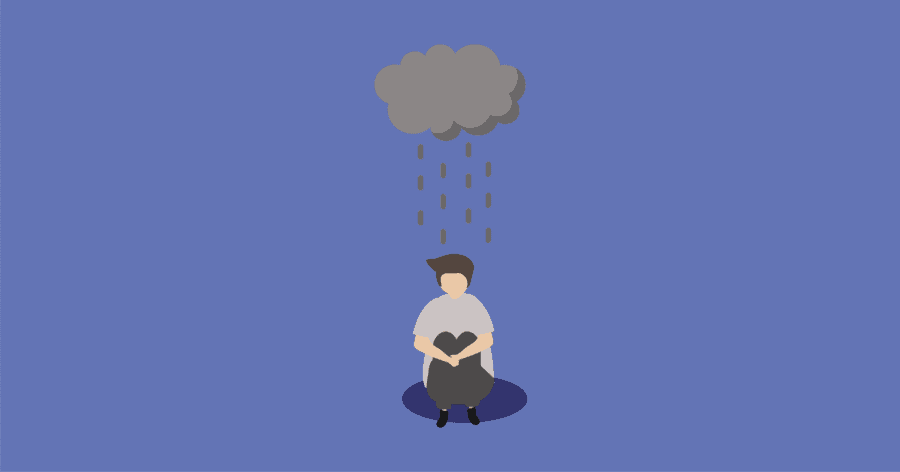UA students weigh in on UN climate report
October 6, 2021
Some UA students spoke out about the United Nations’ annual Intergovernmental Panel Climate Change Report, which reinforced the urgency of the climate crisis and its direct effects on weather patterns, such as heat waves, flooding and droughts.
The Environmental Council is a student organization with over 300 members attempting to raise awareness of climate change and environmental issues. In a statement to The Crimson White, the executive board of the organization said the IPCC is a call to action.
“The evidence is stronger than ever that human activity is the dominant cause for global warming and that without aggressive action, the world will most likely see a 1.5° C increase in temperature over the next two decades, which will make the impact of high emissions over 3x worse for both humans and the environment,” the statement said. “It’s more important than ever for organizations and conglomerates to exercise their power to invest in sustainable alternatives. The change starts with the people with smaller voices working with the organizations who have a say.”
UA travel and commuting emissions have increased by nearly 50% between 2010 and 2019. According to the Environmental Protection Agency, transportation was the largest contributor of greenhouse gases in the United States in 2019.
The University aims to conserve energy in existing buildings and during the construction of new ones. Electricity and thermostats in classrooms and other buildings are carefully controlled and monitored.
The Division of Finance and Operations’ energy policy dictates that “all planning for major construction and equipment purchase/installation must include energy life cycle costing” to measure the most environmentally friendly options in construction.
The IPCC found that global surface temperatures have increased more drastically between 1970 and 2020 than in any other 50-year time period in the last 2000 years, mostly due to human activities and fossil fuels between the years 1850 and 1900.
UN Secretary-General António Guterres called the IPCC a “code red for humanity” and cited the importance of lowering carbon emissions to create cleaner air over the next 20 to 30 years.
Katie Heath, a sophomore from Colorado majoring in chemical engineering, said she worries what this means for society and supports holding companies responsible for their environmental impact.
“I mean, COVID-19 made it so that nobody could drive around to go anywhere, and it was still getting worse,” she said. “Everything they told us to do to fix climate change wasn’t effective.”
The University’s overall electricity consumption and emissions both declined in 2020 because fewer people were using campus resources during the pandemic.
Julia Dominguez, a freshman majoring in political science and psychology, said she has seen discussions about the IPCC on social media, including TikTok.
“I think one of the biggest things is that it’s going to affect us because we are [the ones] who are going to be here to deal with the effects,” she said. “This is something that we need to take seriously, but we need to have [legislators] take it seriously. And if they’re not going to take it seriously, then they have got to go.”
Questions? Email the News desk at [email protected].










